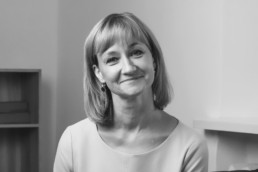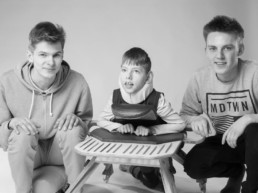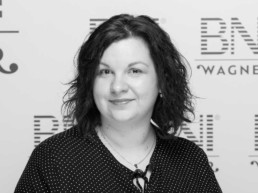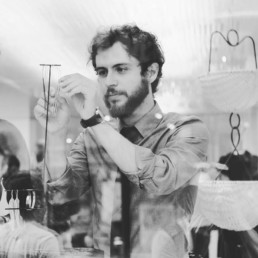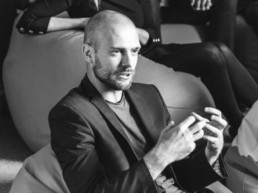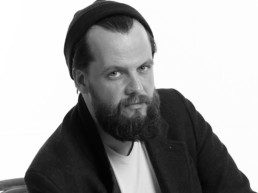Social Economy Actors for New European Bauhaus (SEA4NEB)

The New European Bauhaus (NEB) is an environmental, economic, and cultural project, launched by the European Commission in October 2020, that aims to combine design, sustainability, accessibility, affordability, and investment in order to help deliver the European Green Deal and connect it to our living spaces. The NEB then proposes to be an interdisciplinary project, acting as a bridge between the world of science and technology and the world of art and culture, and re-thinking the opportunities green and digital challenges could bring to our lives.
Partners from three European countries have collaborated to create a project ‘SEA4NEB’ that addresses the specific theme: Social transformation through New European Bauhaus. Social Economy Enterprises (SEEs) can play a crucial role within the New Bauhaus Initiative, since they seem to be appropriate for regenerating abandoned spaces, with an inclusive, green and local community development approach. SEEs have already proven to be resilient and capable to play a crucial role in recovering from economic crises, especially when they operate in an enabling ecosystem driven by supportive public authorities.
The project ‘SEA4NEB’ aims at promoting social economy models to contribute to the New EU Bauhaus and at how they can foster spatial and sectorial clusters, taking an ecological approach to cultural cooperation and territorial development with local authorities. It focuses on good practices of “SE NEBs”, which are territories regenerated according to NEB principles by or with a strong intervention of SE actors and local authorities. The whole methodology of the project is based on a strong partnership at local level between the local authority and the SE actor, while Diesis Network will act as transnational facilitator and coordinator. The social economy missions will be organised using the methodology of the peer review.
The partnership:
- EU Umbrella organisation: Diesis Network
- Croatia : municipality of Split and CEDRA
- Latvia: Luznava Manor and SEAL
- Italy: Municipality of Roccavaldina and Foundation Horcynus Orca.
The outputs of the project will be:
- 6 case studies and 3 peer reviews background paper and final reports
- 3 local action plans
- 1 set of strategic recommendations for replication
- 1 set of EU level recommendation
- 1 on-line platform

